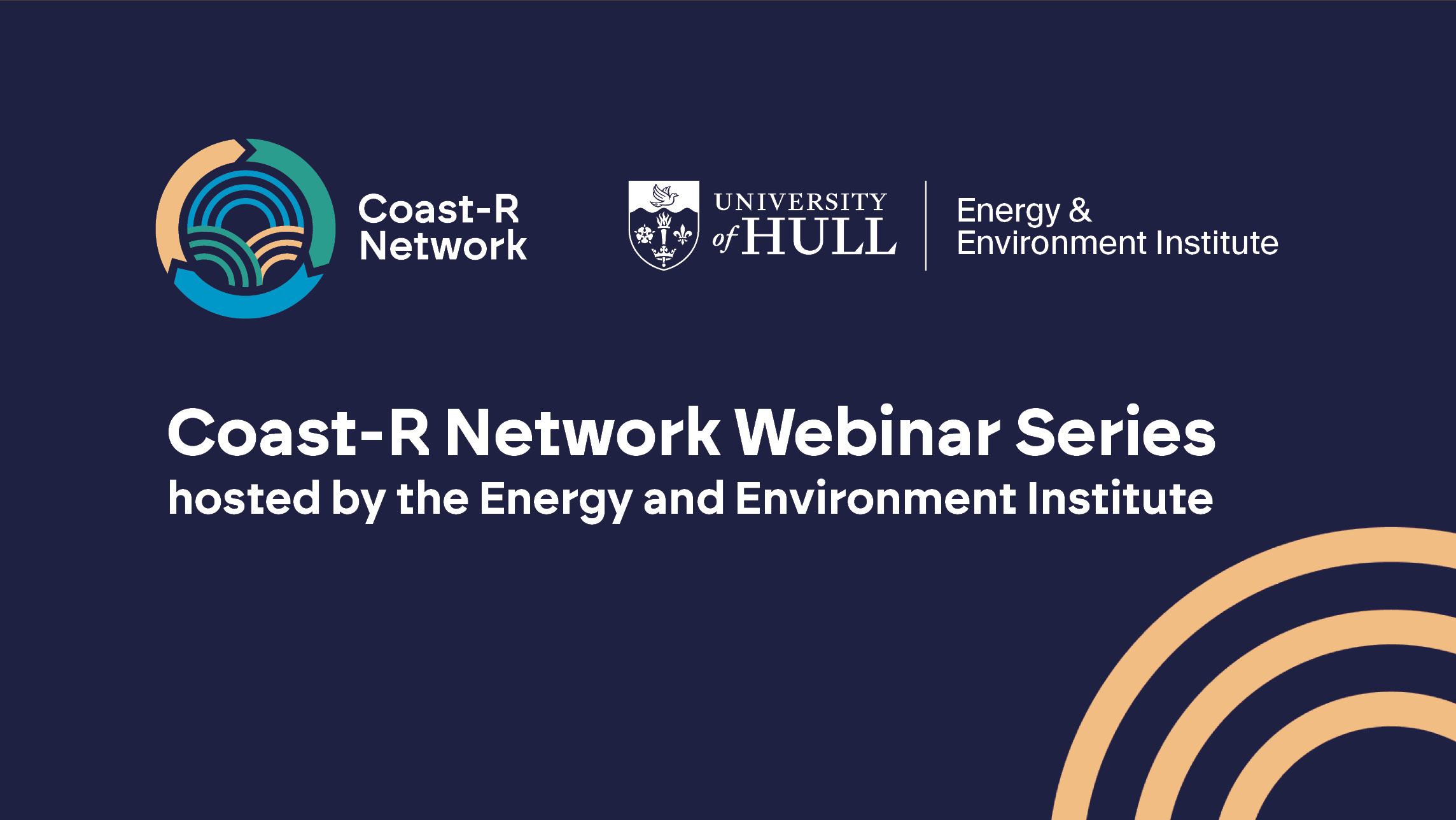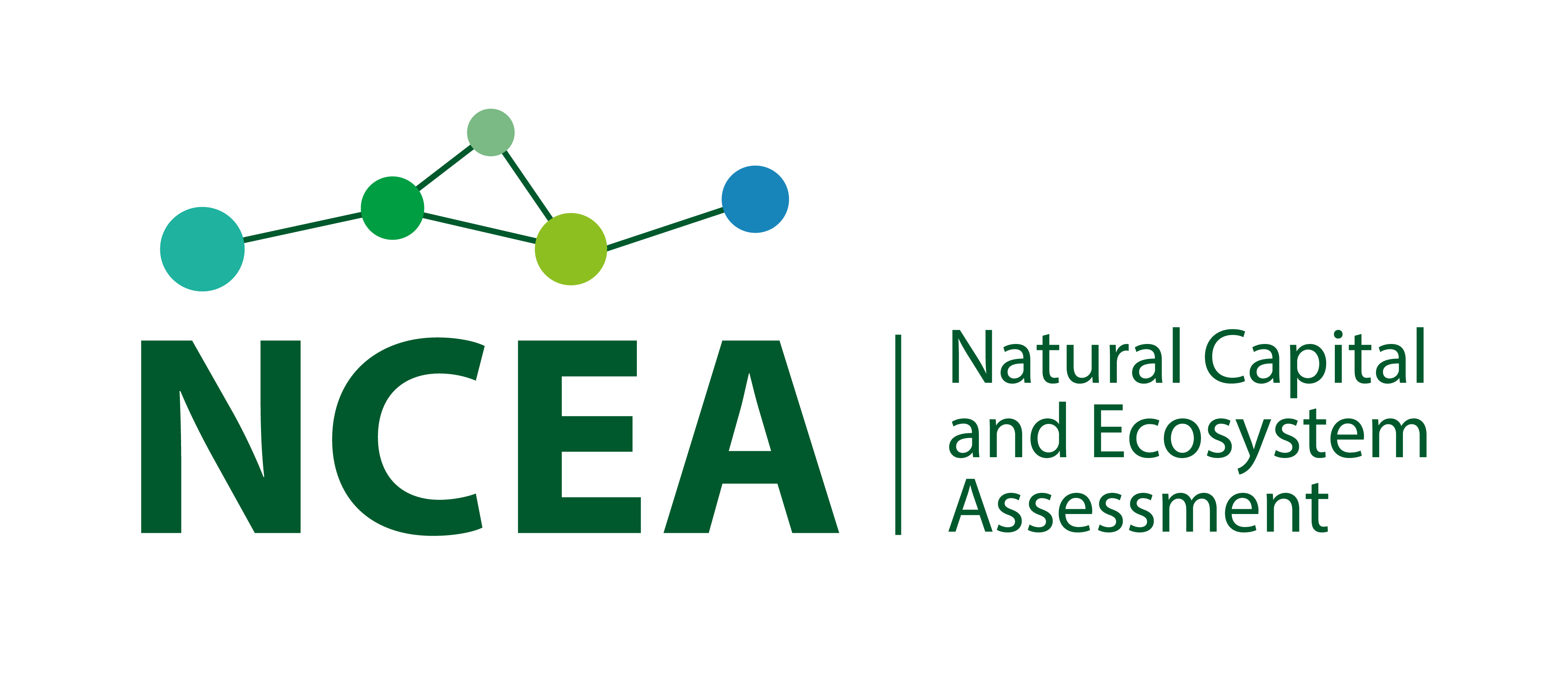2-3pm, 14 May 2025, online
In the first session in our new Coast-R Network Webinars Series, Dr Marta Meschini (Post-Doctoral Research Associate, University of Liverpool) and Dr Elina Apine (Post-Doctoral Research Associate, University of St Andrews) will talk about their work on the NERC/SMMR funded project ‘Co-Benefit Solutions for Resilient Coasts’. Also joining us will be Dr Emma McKinley, Senior Research Fellow at Cardiff University who will talk on the topic of ‘Ocean Literacy Strategies for Engaging Communities in England and Wales’.
The webinar will be chaired by the Coast-R Network’s Prof Stuart McLelland. Stuart is Deputy Director of the Energy and Environment Institute at the University of Hull and Professor of Water Science, conducting research focused on the experimental modelling of rivers and coasts, and particularly understanding how climate change impacts on these environments.
The webinar will take place via teams. To book your place, please complete the short registration form via this link:
Speaker Biographies
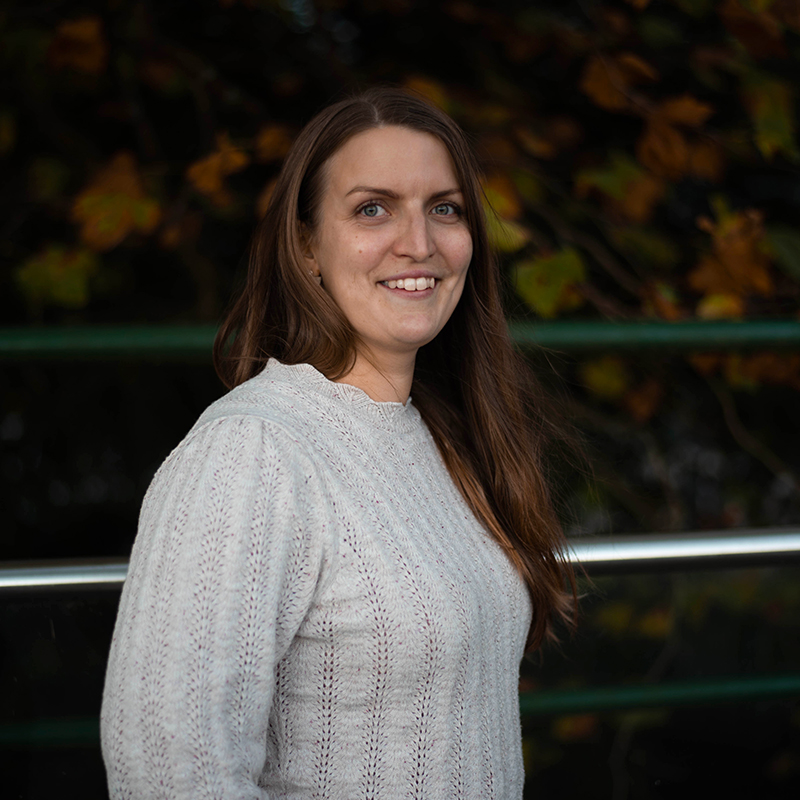
Dr Elina Apine
Elina Apine is a Postdoctoral Research Associate in the School of Geography and Sustainable Development at the University of St Andrews. She is an interdisciplinary marine social scientist whose research focuses on the impacts of climate change on coastal communities and the ecosystems that provide essential ecosystem services to these communities.
Elina is also interested in how to effectively engage communities in the design and implementation of climate adaptation and resilience strategies. As part of the “Resilient Coasts: Optimising Co-Benefit Solutions” project, Elina investigated social acceptance of nature-based solutions for coastal flood risk management.
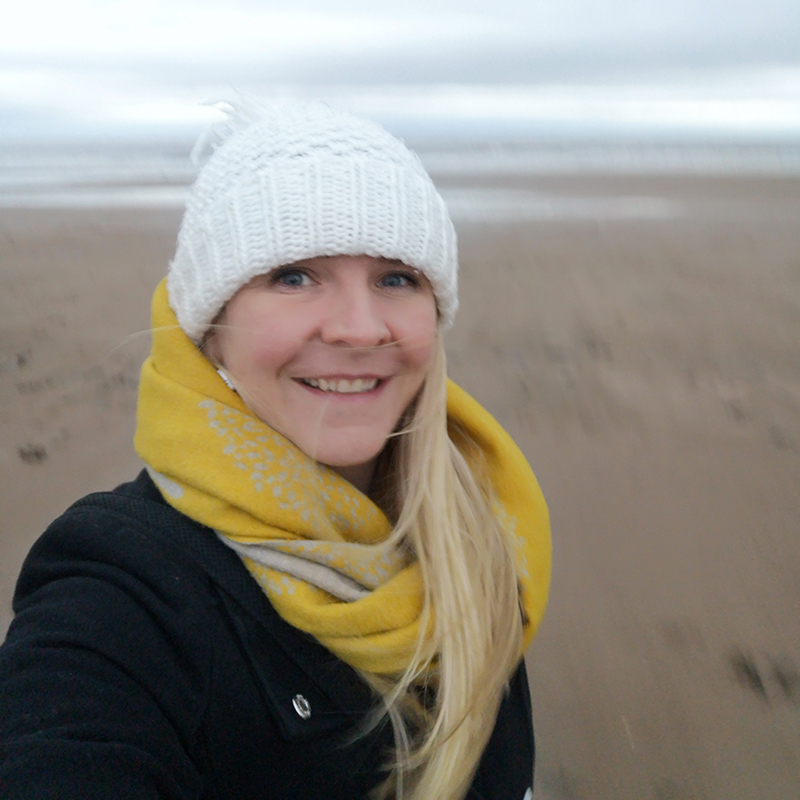
Dr Emma McKinley
Dr Emma McKinley is a Senior Research Fellow at Cardiff University. Her research focuses on understanding the complex relationships between society and the sea, taking account of diverse perceptions, attitudes and values held by different communities and audiences, and considers how this insight can be used to support effective ocean governance.
Emma is the Academic Lead of the Severn Estuary Partnership, and is the founder of the Marine Social Science Network, a global, interdisciplinary community of marine social science researchers and practitioners.
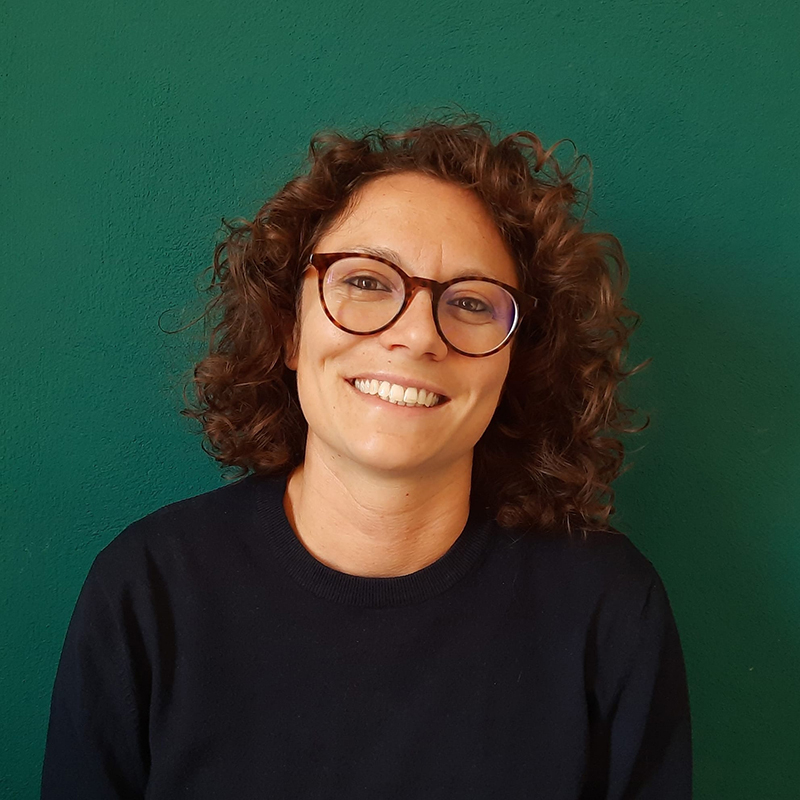
Dr Marta Meschini
As a marine biologist with interdisciplinary expertise spanning marine ecology, environmental education, and mixed-methods research, Marta is passionate about fostering participatory approaches to address complex challenges. With experience leading citizen science initiatives, Marta aims to bridge the gap between communities and scientific inquiry to drive meaningful change.
Currently a researcher on the NERC-funded project “Resilient Coasts: Optimising Co-Benefit Solutions,” Marta investigates social-ecological coastal systems in the UK, focusing on participatory decision-making processes. By linking research and policy, leveraging systems thinking, and engaging stakeholders, Marta strives to develop sustainable, creative, and resilient coastal management practices that empower communities and optimise outcomes.
Abstracts
Enhancing the DPSIR+ Framework for Effective Engagement and Collaboration in Coastal Management
Dr Marta Meschini, University of Liverpool & Dr Elina Apine, University of St Andrews
More than one-third of the global population lives within 100 km of the coast, and nearly 1 billion people reside in a low-elevation zone. Coastal communities are at the forefront of climate change impacts and rising sea levels. In England alone, around 2.4 million properties are currently at risk of flooding, and this number is expected to increase. Therefore, sustainable and adaptive coastal management is essential. Join us in exploring how interdisciplinary approaches can drive resilient coastal futures.
The “Resilient Coasts: Optimising Co-Benefit Solutions” (CoOpt) project adopts a social-ecological system approach to understand the complexity of coastal decision-making. Through workshops, cognitive mapping, and interdisciplinary methodologies, we engaged stakeholders to identify key challenges and discussed the way forward. This process led to the development of a revised DPSIR+ (Drivers, Pressures, State, Impact, Responses) framework. This enhanced framework integrates diverse perspectives into coastal management strategies and considers changes over time.
To test its application, we conducted a workshop at Hesketh Out Marsh, engaging local authorities, regulators, farmers, landowners, conservation groups, and community representatives. Participants collaboratively developed a shared understanding of coastal risks and outlined actionable steps for adaptive management based on the DPSIR+ framework.
Thus, we propose the DPSIR+ framework as a model for inclusive, locally-led decision-making, ensuring more equitable and effective responses to coastal risks.
Ocean literacy strategies for engaging communities in England and Wales
Dr Emma McKinley, Cardiff University
Once a concept firmly grounded in formal education, ocean literacy has undergone a rapid evolution. Most simply defined as ‘having an understanding of your influence on the ocean and the ocean’s influence on you’, the term ‘ocean literacy’ has been expanded to include multiple aspects of human-ocean relationships. Crucially, since 2020 and in part due its position as a mechanism for restoration within the UN Ocean Decade (Challenge 10), the importance of understanding ocean literacy at various scales and contexts is increasingly highlighted, including through our own national assessments. This talk presents work carried out in Wales and England to build on this and develop strategic thinking for supporting ocean literacy across the UK.
In 2022, the Wales Coasts and Seas Partnership (CaSP Cymru) identified the need to enhance and foster ocean literacy across Wales as one of three key priorities. During 2022, workshops bringing together over 200 marine and coastal practitioners from across Wales co-identified steps needed to build ocean literacy and develop a vision and strategy for Wales. The Ocean Literacy Strategy for Wales (Y Mor a Ni) was officially launched in January 2024 – the first of its kind in the UK and Europe, and only the second national ocean literacy strategy globally.
Using the work in Wales as a foundation, Diverse Marine Values is undertaking a similar co-design process to develop an Ocean Literacy Strategy for England. Following a series of workshops in the coming months, the strategy is expected in early 2026. This presentation will introduce the work that has been happening across both England and Wales and will highlight opportunities to get involved!

